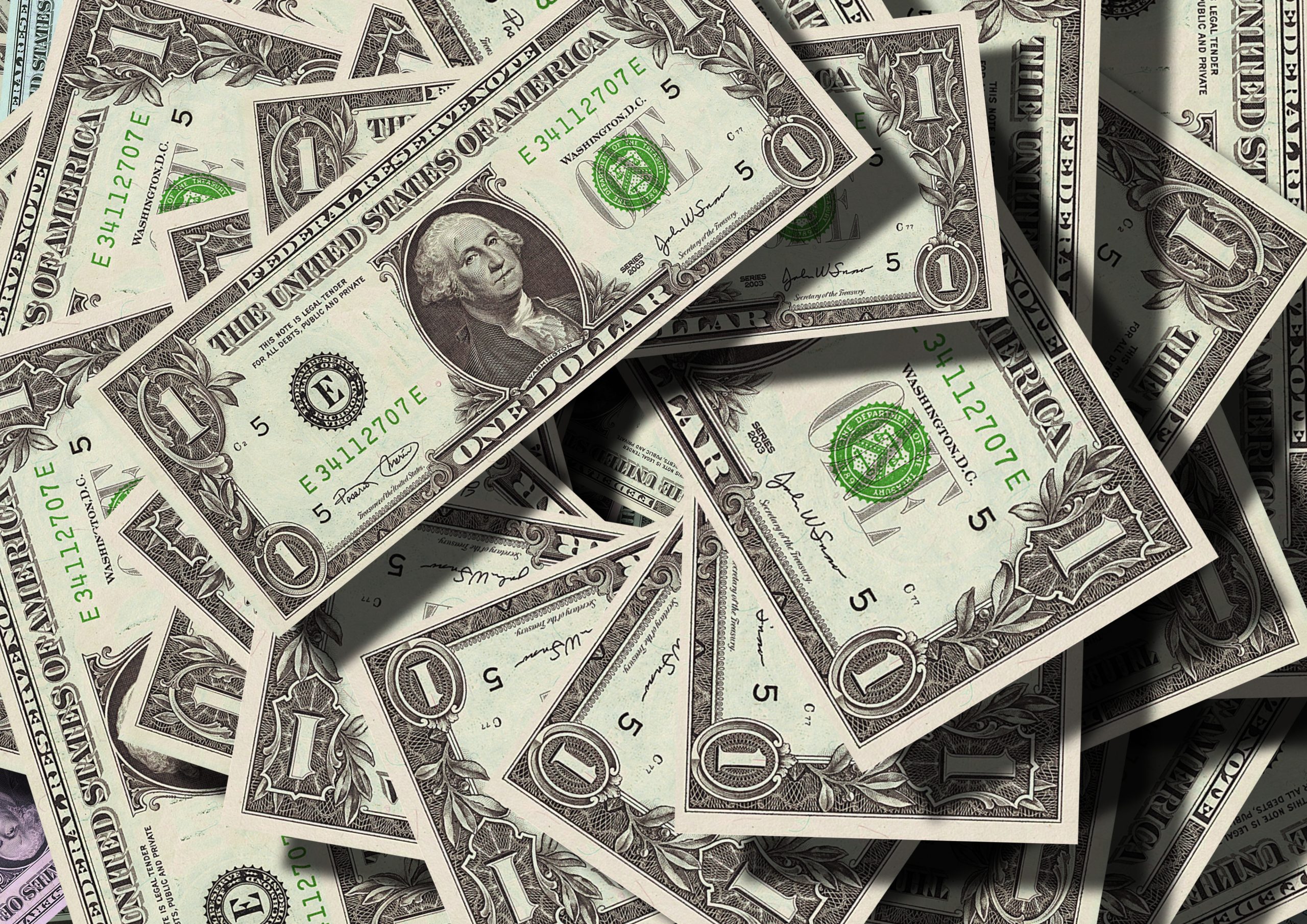Consumerconfidencetakes hit on worries about US economic outlook

US consumer confidence eased in June amid worries about the economic outlook, but households remained upbeat about the labor market and expected inflation to moderate over the next year.
The mixed survey from the Conference Board on Tuesday also showed consumers’ perceived likelihood of a recession over the next 12 months retreated this month after rising in April and May.
Though fewer consumers planned to buy vehicles and household appliances over the next six months, more planned to go on vacation. Labor-market resilience is driving consumer spending, underpinning the economy despite the Federal Reserve’s hefty interest-rate hikes in 2022 and 2023 to quell inflation.
“The mild decrease in confidence isn’t consequential and we think there are sufficient tailwinds to keep consumers spending,” said Oren Klachkin, financial market economist at Nationwide. “The economy is on a glide path to normalized conditions.”
The Conference Board’s consumer confidence index dipped to 100.4 this month from a downwardly revised 101.3 in May. Economists polled by Reuters had forecast the index slipping to 100.0 from the previously reported 102.0.
The drop in confidence was concentrated in the 35-54 age group. Confidence improved among consumers under 35 and those 55 years and older.
Politics stayed on the radar ofconsumers, though the share believing the November presidential election would have an impact on the economy was low in comparison to the same period in 2016. It was slightly higher than in June 2020, before the last presidential election.
Subscribe to our daily Business Report newsletter!
Please provide a valid email address.
By clicking above you agree to the Terms of Use and Privacy Policy.
Never miss a story.
The Conference Board said there was no clear pattern in terms of income groups, but noted that on a six-month moving average basis, confidence remained the highest among the under-35 age cohort and those with annual incomes of more than $100,000.
“Confidence remained within the same narrow range that’s held throughout the past two years, as strength in current labor market views continued to outweigh concerns about the future,” said Dana Peterson, chief economist at the Conference Board. “However, if material weaknesses in the labor market appear, confidence could weaken as the year progresses.”
The survey’s so-called labor-market differential, derived from data on respondents’ views on whether jobs are plentiful or hard to get, widened to 24 from 22.7 in May.
The measure closely correlates to the unemployment rate in the Labor Department’s employment report. Labor-market conditions are gradually easing, with the unemployment rate rising to a still relatively low 4% in May for the first time since January 2022.
Consumers’ 12-month inflation expectations fell to 5.3% from 5.4% in May. Write-in responses to the survey showed elevated prices, especially for food and groceries, continued to affect consumers’ views of the economy, the Conference Board said.
The share of consumers planning to buy vehicles over the next six months fell as did that of those intending to purchase big-ticket items, mostly clothes dryers and TVs. Purchasing plans for washing machines rose and were unchanged for refrigerators.
More consumers planned to go on vacation compared to April, with most eying domestic destinations and intending to fly rather than drive. There is no strong correlation between consumer confidence and spending.
“While a weakening in confidence does not bode well for consumption going forward, sentiment has been depressed for some time even as households have continued to spend,” said Rubeela Farooqi, chief US economist at High Frequency Economics.
